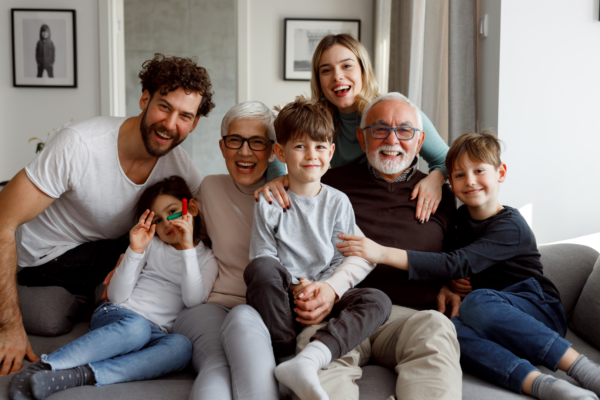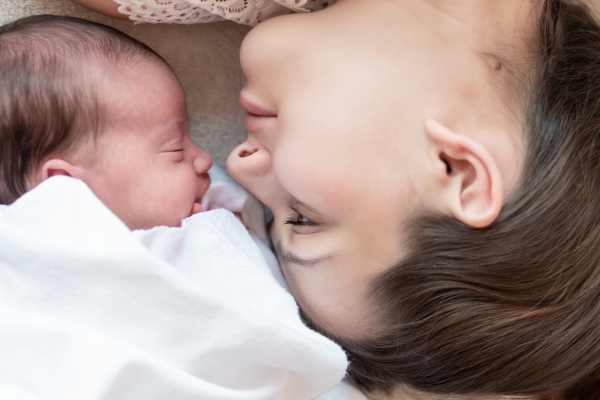Family is a difficult idea to pin down since it changes with each generation. Indeed, it’s a word that’s often used incorrectly. Some people believe the word “family” simply describes your immediate family, your blood relations, your parents, siblings, children, nieces, nephews, cousins, aunts, uncles, grandparents, and other close family members. Others think of extended family, the family that extends beyond the nuclear family, such as great-grandparents, second cousins, and so forth. Because these relations can date back centuries, many decide to check out useful information on sites like https://www.genealogybank.com/explore/obituaries/all/usa/tennessee/chattanooga/chattanooga-times-free-press to get a better idea of their family tree and where they came from. Still, others think of family as your “real” family, the people you live with and love, the ones who are important to you.
In the context of “family,” that could be a parent and child, or a sibling, best friend, neighbour, or even a coworker. In other words, a family can be defined as a network of people connected by a bond of kinship.
For many of us, the bond of family is everything. It’s our anchor in life, the people with whom we share our time, our lives, our hearts, and our hopes. It is the bond of care and responsibility, selflessness and sacrifice. Which is inherent in the very nature of the family unit.
Families are the center of our lives. We need families to survive, and we need families to be happy. We need a family to make a family. But a family is more than just a set of people. It is a set of social norms that have been passed down from generation to generation. Family members have been called “blood”, “kins”, “enemies”, “friends”, and “relatives”. And it is these words, as well as the expectations that come with them, that have been passed down from generation to generation.
Life is filled with ups and downs, but being a family is all about helping each other through life’s challenges. It’s about supporting friends and family members, not only when things are rough but also when they are happy. When life is good, there is no better feeling than helping others, taking care of loved ones, and making sure everyone feels loved. When a grandparent or parent gets diagnosed with a chronic illness, understanding how to care for the elderly at home and applying the same could ensure that they feel supported at times when they feel most vulnerable. After all, chronic illnesses may directly affect their lifestyle, affect their mental health, possibly limit their mobility, and dictate their every move. Therefore, prioritizing their well-being could bring you a step closer to ensuring that your family stays closely knit. Even a single gesture, such as installing a stairlift (perhaps one from ukstairliftsbirmingham.co.uk) in their home when their knees are weak could mean the world to them. And the truth is, families are there to help you through it all.
When you hear the word “step-family,” what do you think? Who is the step-family member? Do you exist within one? Do you have kids yourself? These are all questions that we often don’t think about. In reality, a step-family is a family that consists of a person who is a step-parent, a biological parent, and a child that they have together. Even if you don’t have a step-child, you may have a step-parent, a biological parent, and a child that they have together.
For a lot of people, step-families are a big adjustment. If you’re a part of a step-family, the chances are that a lot of people in your life don’t know that you’re a step-family. It’s a little surprised when they find out. Maybe you’ve been with your partner for a long time, and they were married before, maybe you got married when you were young, and they got divorced, or your partner might have been with a partner for a long time before they met you, or maybe they got married when they were young, and they found out later that their partner was a little different. Whatever the reason, it can be really hard for a lot of people in a step-family to understand what it is.
A step-family is a family in which one or both parents are not the biological (natural) parents of the children, but are the step-parent(s) or step-grandparent(s). Step-families are common in America, Europe, and elsewhere. Modern families such as this have learned to adapt and adjust, because, at the end of the day, anyone can be our family if we love them. A good step-parent or step-grandparent is just as wonderful as a biological one, sometimes even better. And children or grandchildren can bring the same joy to their step-parents as a child they’ve given birth to. For example, imagine the joy a grandmother would feel when she gets a ‘first time grandma‘ gift from her step-daughter who just had a child, or adopted one. These are the moments that hold the same weight as any biological relationships do. That’s why step-families can often be a good thing rather than a bad one.
However, for others it could be quite an adjustment. Most people don’t think about how hard it can be to deal with step-families, especially when it comes to dealing with step-siblings. Despite this, most people live in step-families, and there are many things that they don’t think about. Apart from the obvious things like money and stress, they don’t know how to deal with their siblings. Many people can’t stick up for themselves and will always back down when things get tough. It is important to remember that it is okay to make mistakes and not to try to make things perfect. It is also important to remember that you should always stick up for others and not let others get away with things they shouldn’t.









